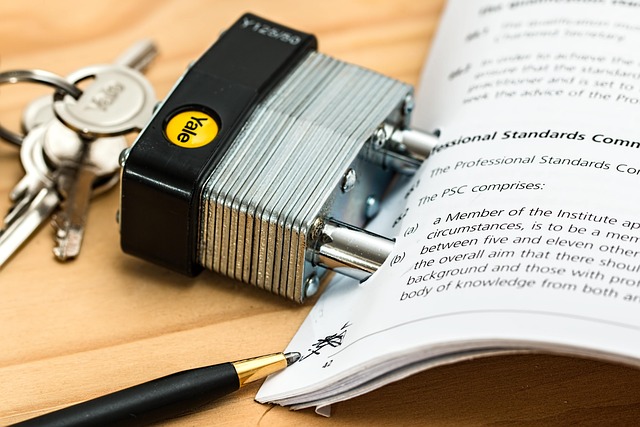Selecting law office equipment requires strategic consideration to boost efficiency and accuracy. Assess your practice's specific needs, integrate user-friendly tools with existing workflows, prioritize data security through encryption, and stay updated on legal trends. Compare open-source alternatives and subscription software based on features, cost, and accuracy while adhering to financial constraints, ultimately enhancing productivity and saving resources through reliable legal research.
In today’s digital age, efficient legal research is paramount for any successful law office. The right law office equipment can streamline workflows, enhance productivity, and deliver a competitive edge. This comprehensive guide explores essential legal research tools tailored to meet your practice’s unique needs and budget. From assessing specific requirements to implementing best practices for ongoing maintenance, discover the secrets to optimizing your law office equipment for superior legal research outcomes.
- Choosing the Right Legal Research Tools for Your Law Office
- – Assessing your law office's specific needs and budget
Choosing the Right Legal Research Tools for Your Law Office
Selecting the appropriate legal research tools is a pivotal decision for any law office, as it directly impacts efficiency and accuracy. The market offers a plethora of options, from comprehensive legal databases to user-friendly case management software. When choosing equipment for your law office, consider your specific needs. For instance, if your practice primarily involves complex litigation, advanced legal research platforms with robust features for case analysis and precedent mining might be ideal. Alternatively, for smaller firms handling diverse yet less intricate cases, a more generalist tool could suffice.
Moreover, ensure the chosen tools integrate seamlessly with existing workflows and systems to streamline operations. Law office equipment should enhance productivity without becoming an additional burden. Look for user-friendly interfaces, efficient search functions, and regular updates to keep up with changing legal landscapes. Additionally, data security and privacy are paramount; consider tools that employ robust encryption and adhere to legal data protection standards.
– Assessing your law office's specific needs and budget
When equipping your law office with legal research tools, start by assessing your practice’s unique needs and budget constraints. Consider factors like the types of cases handled, the size of your team, and specific areas of law requiring specialized resources. For instance, a small criminal defense firm may prioritize access to comprehensive case law databases, while an intellectual property boutique might demand advanced patent search capabilities.
The chosen tools should align with these requirements without straining financial resources. Evaluate available options, comparing features, accuracy, and cost. Open-source alternatives and subscription-based software packages offer diverse solutions catering to various budgets. Remember, investing in the right law office equipment can significantly enhance efficiency, saving time and money while ensuring your legal research is thorough and reliable.
Selecting the ideal legal research tools is a strategic decision for any law office, as it directly impacts efficiency and accuracy. By understanding your practice’s unique requirements and financial constraints, you can invest in robust equipment that streamlines legal research processes, ensuring your team stays ahead of the curve. With the right tools, your law office will be well-equipped to navigate complex cases and deliver exceptional service.
